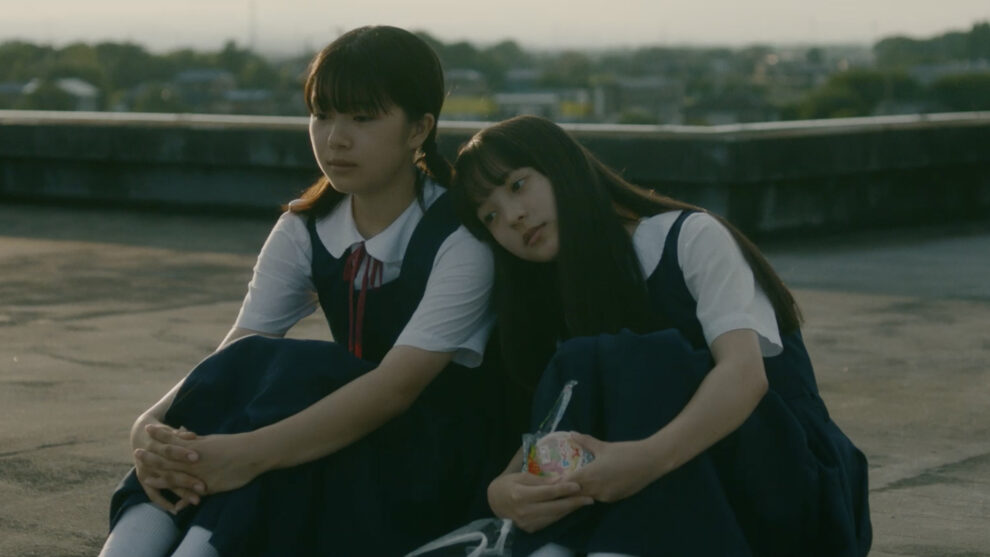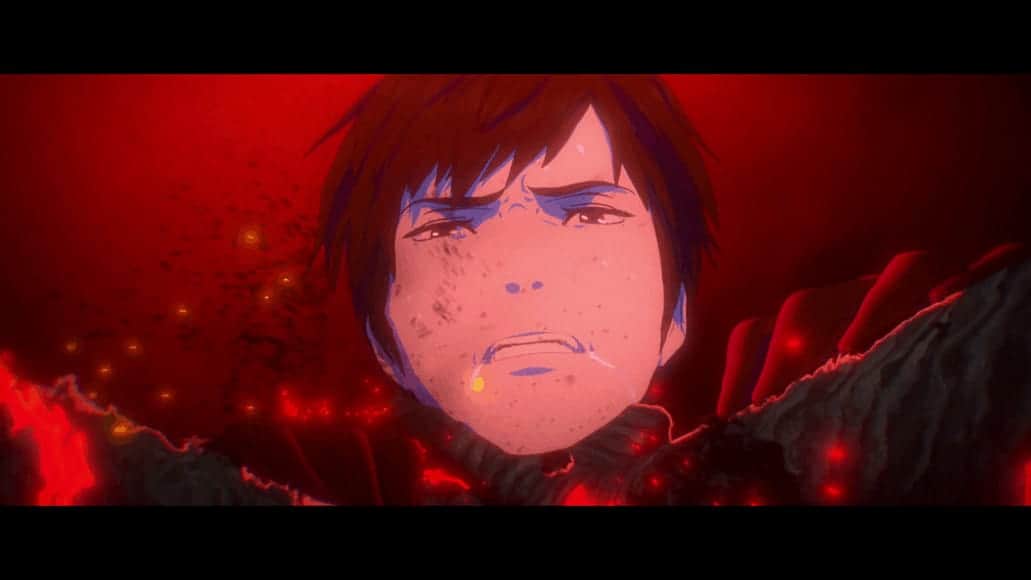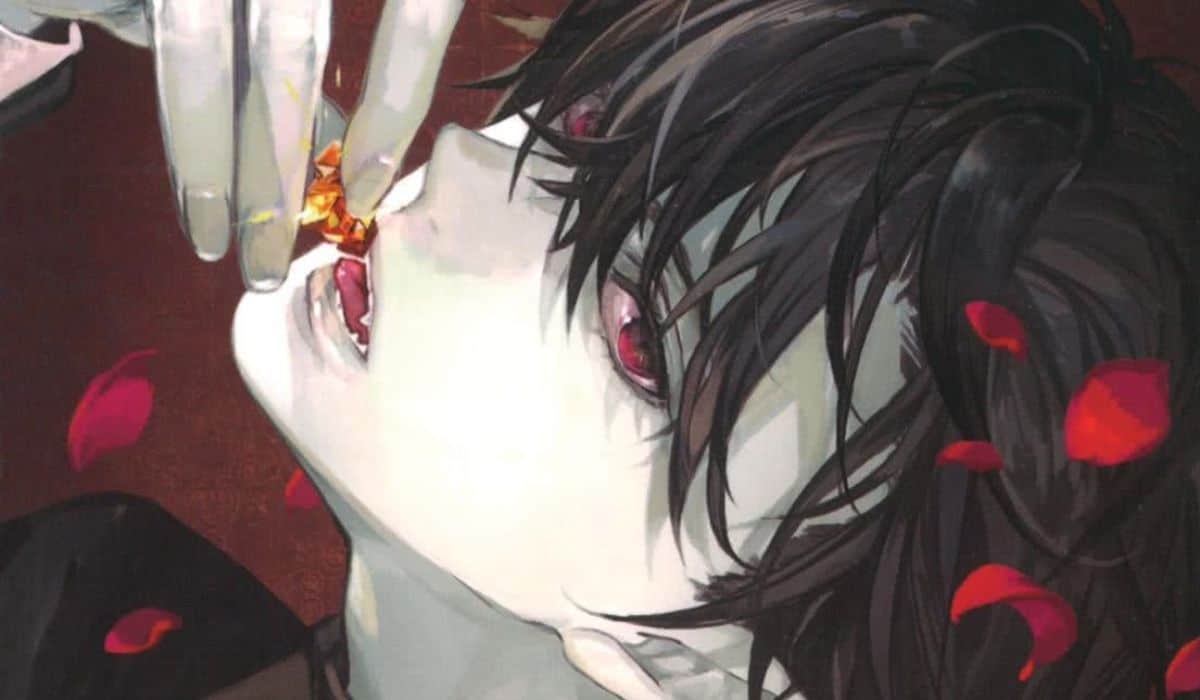Depression and isolation remain as sensitive as ever, being quite prominent among adolescents. Often, film is a medium many artists utilize to express and raise awareness of such issues. Karin Takeda's new film “Till the Day I Can Laugh about My Blues” leaves conflicting feelings. It sets out to address and touch viewers with a delicate approach to human vulnerability, much of which is based on the director's personal experiences. That alone is touching and commendable. As for the movie itself, the execution doesn't always quite hit the mark.
Till the Day I Can Laugh about My Blues is screening at Skip City International D-Cinema Festival

Junior high school student Anne suffers from depression and feels out of place from her classmates, even being bullied. Often, she keeps to herself by a dimly lit staircase near an off-limits room. During a recent visit to a local convenient store, the shop's empathetic owner gifts her a magic kaleidoscope. One day, while using it in her comfort spot of the school, the door behind her opens, leading to the rooftop where she meets another student named Aina, who also bears the same kaleidoscope. The two grow close and become friends.
A familiar premise is established with “Till the Day I Can Laugh about My Blues,” which shows promise for engaging drama. The movie's heart is in the right place to raise awareness of sensitive topics, including isolation, depression, and suicidal thoughts. There are even some powerful moments, such as Anne remarking on the class, expressing kindness following the passing of a class goldfish, but only after its death, reflecting on her struggle to live. Some terrific acting enhances all of this.
Check also this interview
While some sections hit hard, most of the movie's approach to its thematics falls flat due to its direction. Rather than a deep character study as intended, the story primarily plays out as just an underdeveloped series of events, and its characters aren't engaging enough to get invested in the intended emotions. Perhaps this wasn't the intention, but the writing isn't strong enough to make this narrative engaging or believable. In addition, its drama tends to feel heavy-handed, even unintentionally corny in moments.
Despite a flawed screenplay and questionable direction, the movie's performances by the two leads still manage to be pretty strong. Miyu Watanabe and Kokona Sumi make the friendship between Anne and Aina feel genuine. Both stars play off each other well, with Watanabe's quiet, shy nature effectively contrasting Sumi's more upbeat, outspoken personality. Their acting alone makes the film worth watching.
Regarding the technical side, some of the film's editing is downright bizarre. The most perplexing moment comes in the tonally inconsistent third act, with an oddly integrated J-pop song in an awkwardly executed sequence. However, the film is visually remarkable, with some beautiful locations. All of this is captured through Rikuo Ueno's impressive cinematography. There's even some clever imagery, such as the classroom sometimes aesthetically resembling a fish tank.
As a film, “Till the Day I Can Laugh about My Blues” is a mixed bag. Dramatically, it's uneven, with some moments being effective while others are awkward and heavy-handed. Questionable editing choices also make some sections of its well-intended narrative fall flat. Yet, the performances of the two leads and some breathtaking aspects of the story are still enough to warrant the movie a watch. It is far from perfect, but by no means a bad film.














